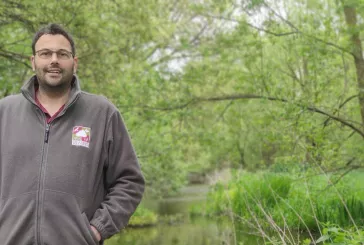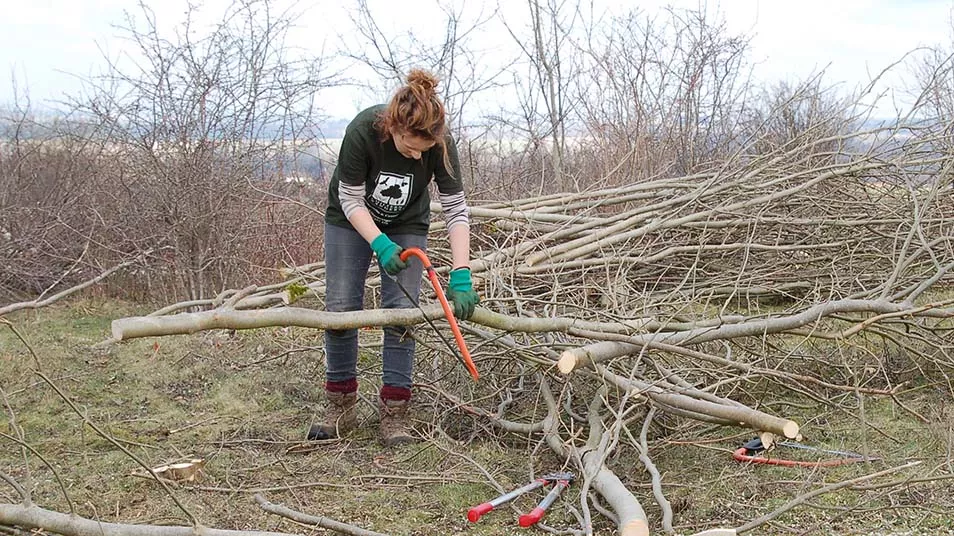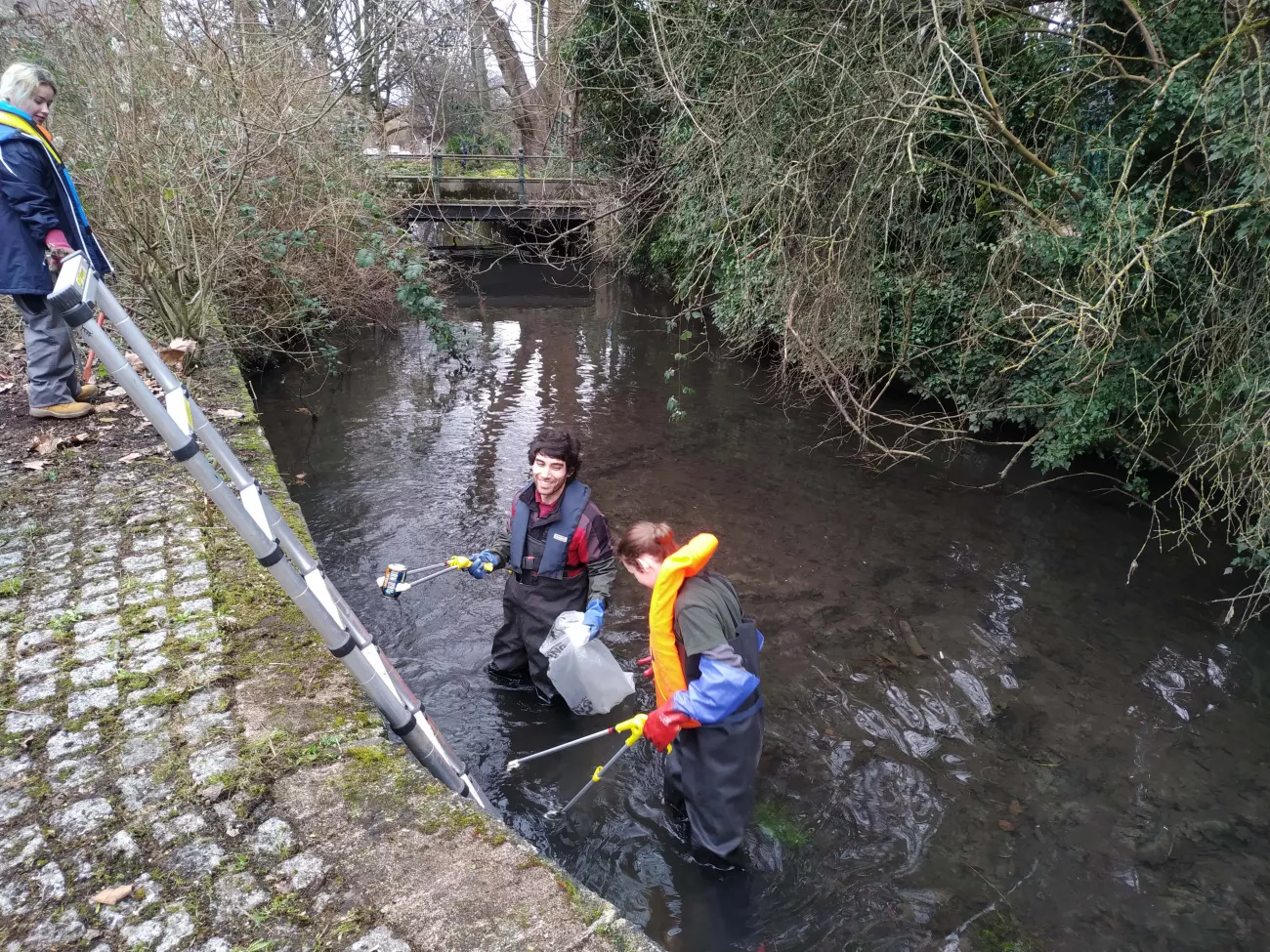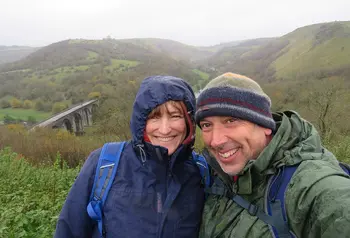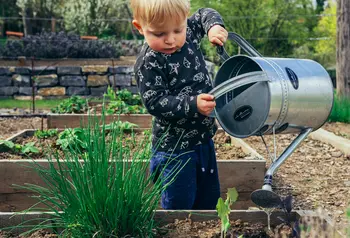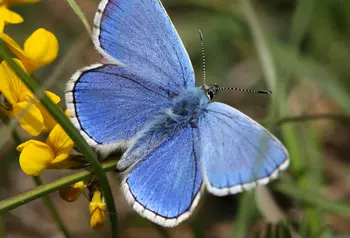Nature: we can all make a difference
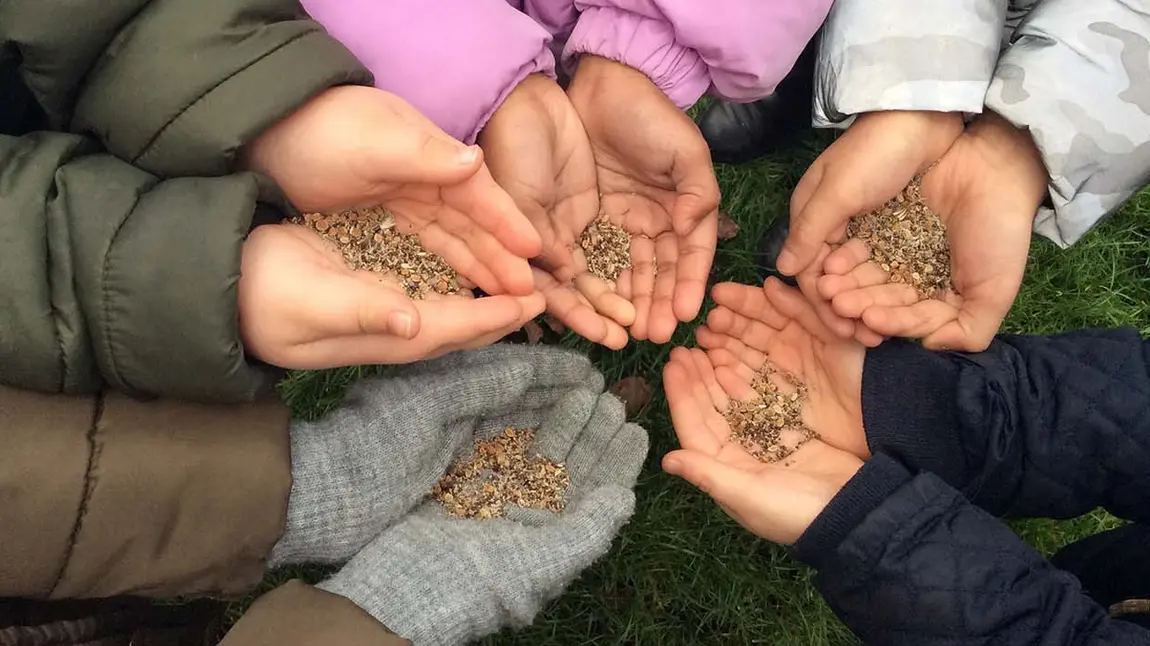
At Chiltern Rangers, our work involves looking after both urban and rural green spaces, from chalk streams to woodlands and parks.
We want these places to be part of the fabric of our community. We – and our amazing volunteers – work hard to make them richer in wildlife and nicer places to explore and discover.
To tackle the climate and biodiversity crises, we need everyone to come together to help. I believe there are five misunderstandings which are stopping us from doing the very best we can for the nature around us.
These are:
Planting trees is the only solution
Some people will tell you that the world will be saved if we all plant lots of trees. This is only part of the story. What they usually forget is that the trees have to be the right species, in the right places, planted for the right reasons. Ideally they should be grown from local seed and grown nearby.
Cutting down trees is always bad
It's really important that the woodland we have now is properly looked after. Often this means cutting trees down! This is called coppicing and thinning and it’s how our woodlands and the wildlife that depends upon them has evolved over the past 10,000 years. Trees will regrow and regenerate – we just have to be patient.
We also need to control the pests which threaten the health of our woods, new and old. This can be an unpopular thought but all sorts of problems can be caused by grey squirrel, glis glis (aka the edible dormouse) and deer, especially muntjac, roe and fallow.
Litter is a problem of the past
As a ranger, I know this is simply not true. There is so much littering and fly tipping that it rivals football as a national pastime.
If my team could change one thing, it would be this: no more littering. Plastics are a huge problem as they break down – micro plastics are now present in our water, our food and even our blood.
All flowers are good for bees and butterflies
The best kinds of wildflower meadows are not just eye-catching displays of poppies, corn marigold and cornflower. They should also be rich biodiverse places, full of often-overlooked plants like bird’s foot trefoil. This plant provides nectar and pollen for bees and butterflies, and its leaves are important food for caterpillars.
I can't make a difference
This is the most dangerous myth. If everyone does what they can then yes, we can make a difference. Why not:
- plant a pot on your windowsill for pollinators
- grow a native shrub like hawthorn in your garden
- buy local plants and trees where you can
- join a local group to give back to the environment – even a few hours one day a month will help
- take photos and use recording apps: share the nature you love via social media
We need to come together to make and be the difference that we need to see.
What is the Heritage Fund doing to help?
Investing in landscapes and nature is one of our key priorities, including millions of pounds of funding to help communities look after the nature right on their doorsteps. We're also on a journey as an organisation to reach net zero carbon emissions by 2030.
